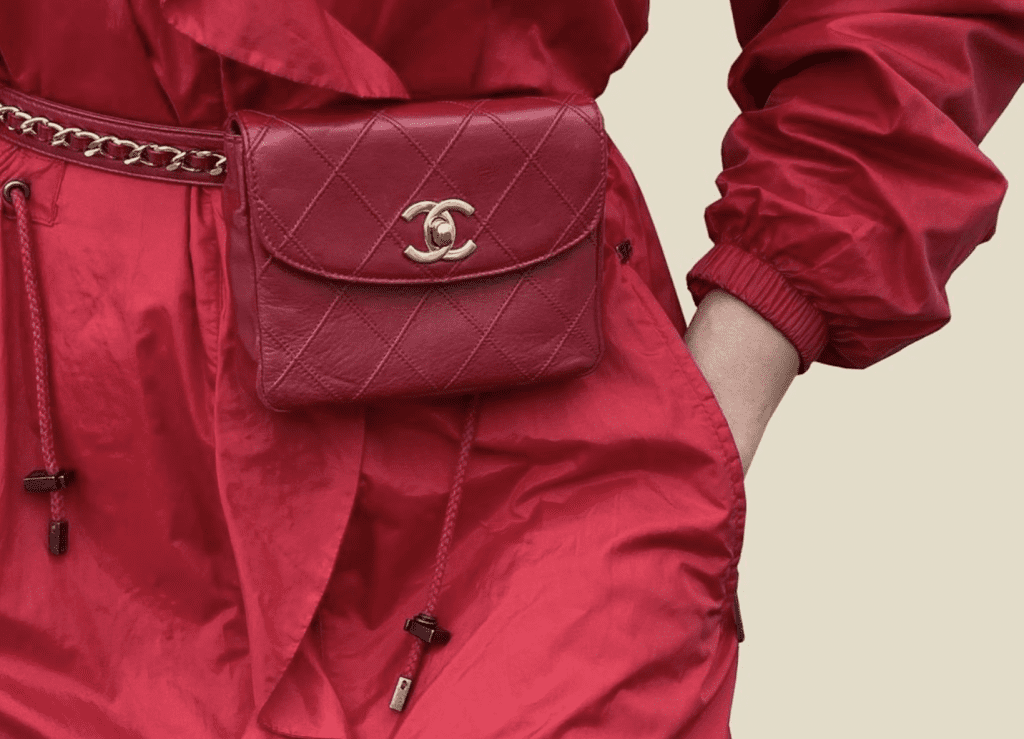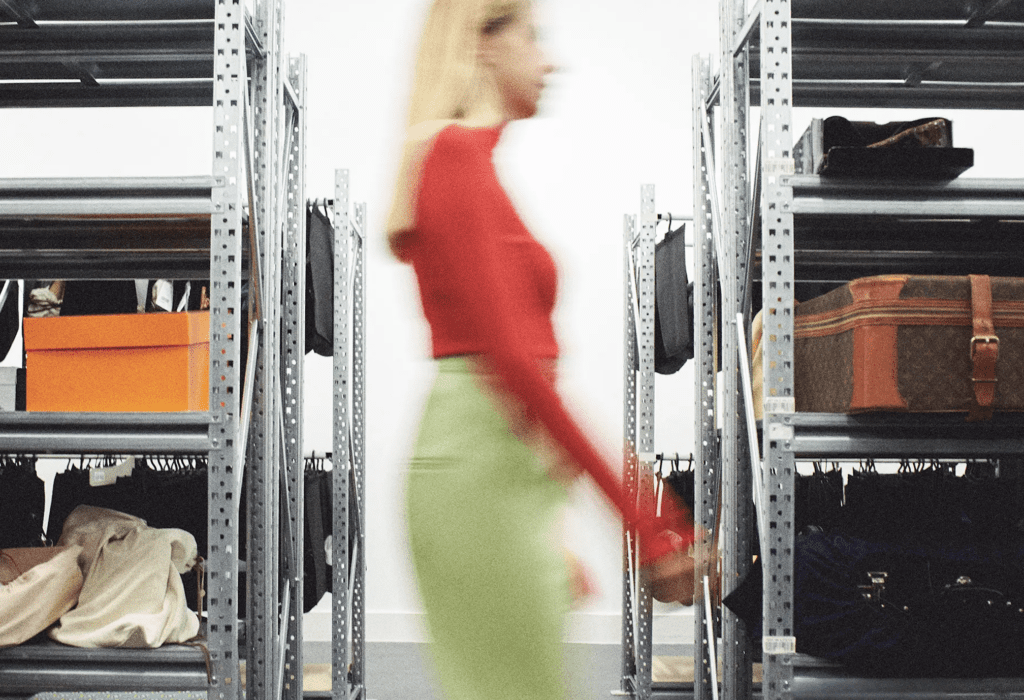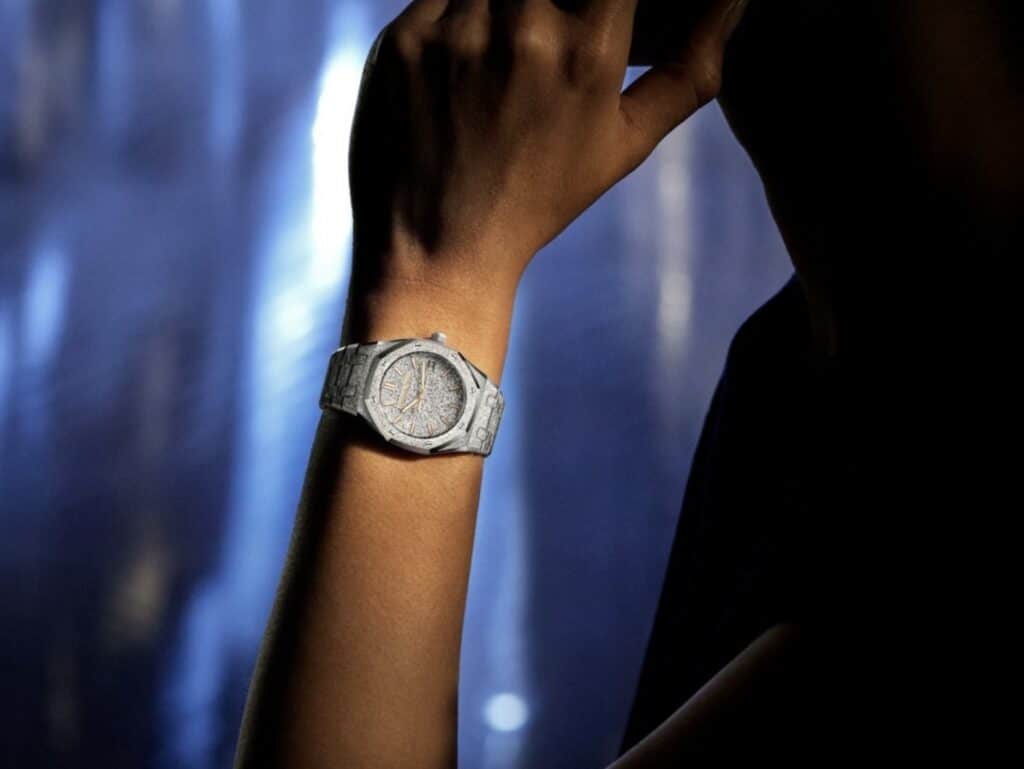Ahead of closing arguments in the jury-portion of their trademark trial on Friday, Chanel and What Goes Around Comes Around (“WGACA”) were at odds over what it means for something to be a counterfeit. Amid the parties’ ongoing trial in the case that Chanel is waging against the reseller for allegedly infringing its trademarks, and engaging in false advertising and unfair competition, counsel for Chanel “respectfully provide[d]” the court with recent case law regarding “the definition of the sale of a counterfeit CHANEL-branded item,” while also “object[ing] to the Court’s instruction [on the issue to the jury], and request[ing] that the Court instruct the jury” to what it calls the appropriate definition.
In a letter to the court on Thursday, Chanel’s counsel, Ted Max of Sheppard Mullin, took issue with a remark of U.S. District Court for the Southern District of New York Judge Louis Stanton’s during Day 7 of the parties’ trial (on January 18), in which he made the following distinction between a “non-genuine CHANEL-branded product” and a “counterfeit CHANEL-branded product” …
“Let me remind you, because it’s simple and clear and easy to be remembered, if it’s not made in a Chanel-authenticated factory, it is not a genuine Chanel. And that analysis stops there. It’s not a counterfeit; it’s just not a genuine Chanel. If it is so like a Chanel that it’s hard to tell the difference, then it is a counterfeit. That’s a different step. Both steps make sense … In other words, counterfeit must be a copy. If it’s the same item, it’s not a copy. The counterfeit is a copy that is so close that it’s hard to detect.”
The problem, according to Chanel, is that “the court’s instruction concerning the definition of counterfeiting, which requires a finding that a counterfeit product be ‘a copy that is so close that it’s hard to detect,” is not supported by the law. Instead, “whether a mark is a counterfeit depends on the similarity of the marks – not the products on which they are used.” In furtherance of his point, Max cited Judge Lewis J. Liman of the Southern District of New York, who “recently addressed this very issue – i.e., ‘whether it is the registered mark or the products to which such mark is affixed that must be identical to assert a counterfeit claim’ – in Chrome Hearts LLC v. Controse Inc.”
In that case, Chanel asserts that the court found that “[t]he language of the Lanham Act is clear that the counterfeit analysis looks to the similarity of the marks to determine whether enhanced relief is available, and not to the similarity of the goods or products to which the mark is attached.” Among other things, Judge Litman stated that “Section 1127 [of the Lanham Act] expressly notes that a ‘counterfeit’ is ‘a spurious mark which is identical with, or substantially indistinguishable from, a registered mark,’” noting that the statute “thus clearly delineates that the ‘marks’ are distinct from the ‘goods’ or ‘product[s]’ on which they are affixed.” And still yet, Judge Litman asserted that “nothing in the Lanham Act requires that the standard of ‘identical’ or ‘substantially indistinguishable’ apply to the products or goods.”
In short: “The Lanham Act, its legislative history, and recent case law precedent all demonstrate that a claim of counterfeiting turns on a comparison of the parties’ marks, not the parties’ products,” per Chanel. Against this background, Max claims that “the court’s instruction that a claim of counterfeiting only lies where the product ‘is so close [to the genuine product] that it’s hard to detect’ is erroneous.” Instead, he contends that “the similarity of the parties’ products is relevant to the likelihood of confusion analysis and the plaintiff’s potential entitlement to certain remedies.” As such, “Chanel respectfully requests that the Court instruct the jury accordingly.”
WGACA’s counsel responded with a letter of its own on Thursday, asserting that Chanel’s “last-minute attempt to mislead the Court as to the definition of counterfeit in a brief filed the night before the closing arguments in the case, should be rejected.” Looking to distinguish the Chrome Hearts case from the case at hand, Lewis Brisbois’ Daniel DeCarlo states that Chrome Hearts “is just a garden variety counterfeiting case where the defendant made and sold counterfeit jewelry which the defendant then applied a spurious counterfeit trademark.”
Continuing, DeCarlo argues that “the issue that Judge Liman was articulating was how to address a situation where the defendant, who manufactured the accused counterfeit goods, claimed that counterfeiting did not apply because the accused item was not identical to the real item.” Those are “not the facts of this case,” per DeCarlo, “as WGACA did not make anything and did not affix any trademarks on to the genuine bags it sells.”
The Chrome Hearts case is “analogous to [one] where Chanel would sue someone making and selling fake Chanel bags on Canal Street and arguing that Chanel need not show that the counterfeit bag has the exact the same stitching as real Chanel bags to prove their counterfeiting case,” DeCarlo; it is not relevant to the facts at issue here. “This case involves a reseller of genuine Chanel handbags and not a manufacturer of Chanel counterfeit bags,” and thus, WGACA urges the court to reject Chanel’s arguments in its brief as a result.
The back and forth follows from arguments from WGACA’s counsel that over the course of the trial, the reseller has disproven Chanel’s allegations that it offered up counterfeit goods. WWD reported on Wednesday that “DeCarlo argued that the allegations of WGACA having sold counterfeit goods was disproven in the court, after Chanel’s executive operations director Joseph Bravo recounted his prior testimony that had falsely claimed that a zipper on a Chanel handbag imprinted with the zipper manufacturer’s name Lampo was not genuine.” DeCarlo further suggested that “there was no proof that the handbag had not gone through Chanel’s quality control process,” something that counsel for Chanel has disputed.
WWD’s Rosemary Feitelberg further noted that counsel the parties were at odds in court this week over the critical issue at play in the case, “with Chanel’s lawyers emphasizing the trial was about serial numbers [that were stolen from a Chanel supplier factory in Italy in 2012] and the WGACA’s attorney and cofounder Seth insisting it was about bags being genuine or real.”
The case is Chanel, Inc. v. What Goes Around Comes Around, LLC, et al., 1:18-cv-02253 (SDNY).











